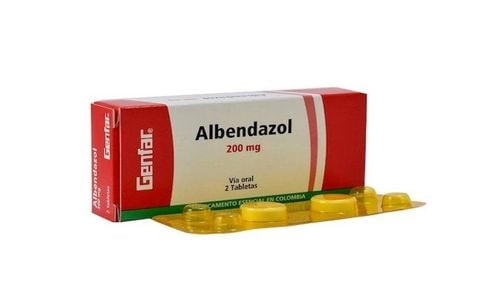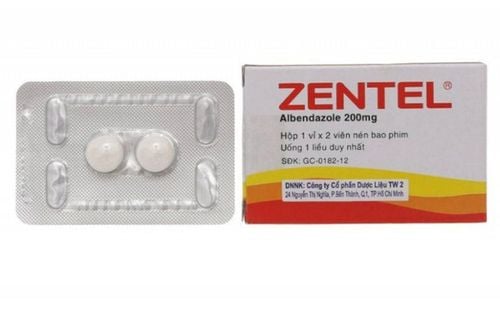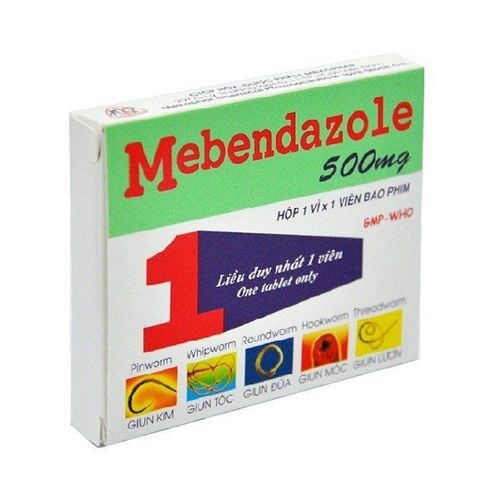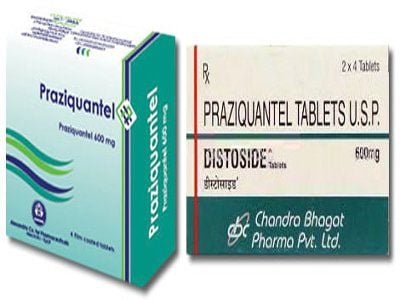To prevent helminthic diseases and ensure the body digests and absorbs nutrients well, it is recommended to deworm periodically every year by taking deworming pills. So what are the common symptoms when taking deworming pills?
1. Matters needing attention when taking deworming pills
Dewormers are currently used very popularly for both the elderly and the young, because of their high effectiveness. However, using the drug can cause some negative reactions to health. Therefore, before taking the dewormer, the patient should note the following issues:
1.1 When should the dewormer be taken?
The ideal time to take deworming pills is after breakfast. The drug will take effect for a period of 8-12 hours and in 24-72 hours the worm will die. Currently, most of the deworming drugs are fast-acting and bring high deworming effect. However, before using deworming drugs, you must consult your doctor, pharmacist, or read the information carefully before using to get the best treatment effect.
1.2 What criteria should be selected for deworming?
There are many different types of dewormers on the market today. Each type of dewormer will be suitable for each object. Therefore, you need to pay attention to the following criteria when choosing an anti-worm medication:
Choose a dewormer that is suitable for the type of parasitic worm. For example, with parasitic worms in the intestines such as hookworms, roundworms, pinworms, etc., choose a topical dewormer.
Choose a dewormer with few side effects: Symptoms after taking a dewormer are usually nausea, fatigue, irritability, headaches... these are often highly toxic drugs. Therefore, when choosing a dewormer, it is advisable to choose a type with low medicinal properties to minimize unnecessary reactions. To know which drugs have fewer side effects, you can consult with professionals.
2. Refer to the dewormer for each target group
2.1 For children
For young children, parents can use deworming drugs albendazole or mebendazole using a single dose with a frequency of 1–2 times/year. Dosage is as follows:
Children from 12 months to under 24 months: use albendazole 200mg or mebendazole 500mg, single dose.
Children 24 months and older: albendazole 400mg or mebendazole 500mg, single dose.
2.2 Adult use
Adults should take albendazole 400mg or mebendazole 500mg as a single dose, frequency 1–2 times/year.
2.3 Use in pregnancy
Pregnant women are not recommended to take deworming drugs during the months of pregnancy and breastfeeding. However, if you are living in an area with a high risk of worm infections, you can consult your doctor to make the pregnancy process go as smoothly as possible for both mother and baby.
3. Matters needing special attention when taking deworming drugs
When you have answered the question of when to take the dewormer and how long to go outside, you need to pay attention to a few more issues:
Before taking the dewormer, eat a snack or drink the medication after meals to minimize the feeling of hangover and discomfort.
After taking the dewormer, you may experience itching, insomnia, fatigue, pale skin... you need to go to a medical facility to be checked, in some cases, timely intervention may be needed.
Some people should not use deworming medicine:
Pregnant or breastfeeding women and children under 2 years old.
People who are sensitive or allergic to the ingredients of deworming drugs.
People with liver failure or bone marrow toxicity should not take the drug.
Hopefully, the useful information about the symptoms after taking the dewormer will help you and your family understand the mechanism of deworming as well as achieve the most effective deworming.
To arrange an appointment, please call HOTLINE or make your reservation directly HERE. You may also download the MyVinmec app to schedule appointments faster and manage your reservations more conveniently.













